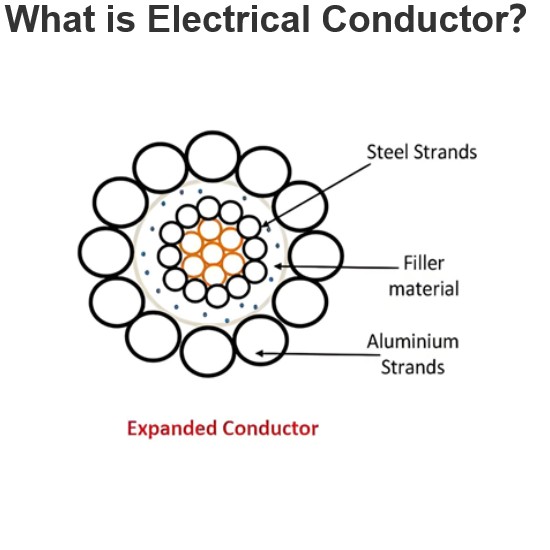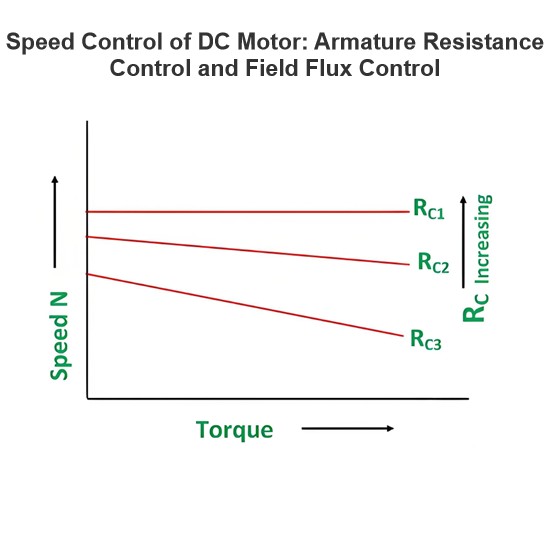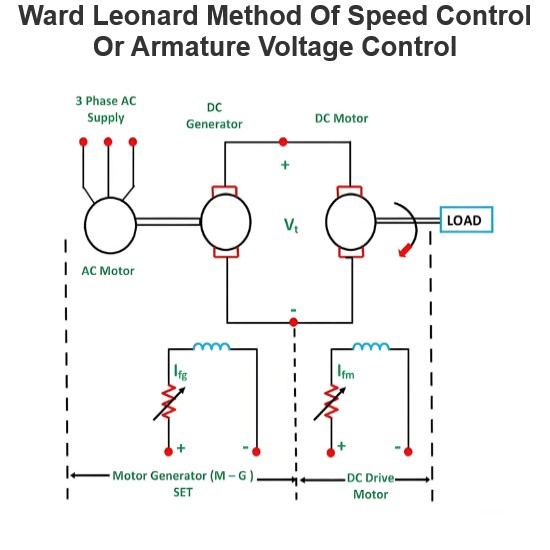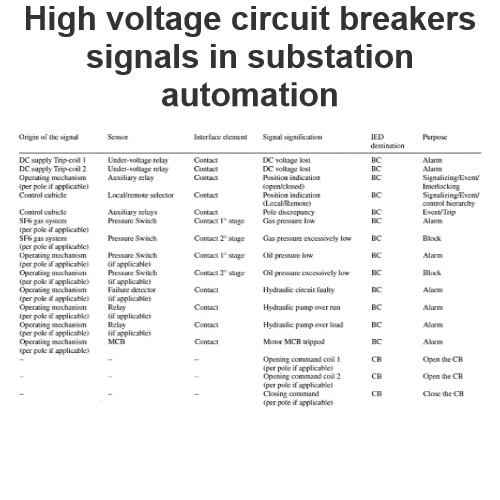Electrical Insulating Material
Definition
An electrical insulating material is defined as a substance that restricts the flow of electricity through it. In such materials, electric charges do not move freely; instead, they offer a highly resistive pathway, making it extremely difficult for electric current to pass. One of the primary applications of electrical insulating materials is in overhead transmission lines, where they are placed between the towers and conductors. Their role here is to prevent the leakage of electric current from the conductors to the ground, ensuring the safe and efficient transmission of electrical power.
Properties of Electrical Insulating Materials
For optimal performance, electrical insulating materials should possess the following key properties:
- High Mechanical Strength: The material must be robust enough to bear the tension and weight of the conductors it supports. This ensures the structural integrity of the electrical system and prevents mechanical failures that could lead to disruptions in power transmission.
- High Dielectric Strength: A high dielectric strength allows the material to withstand high electrical voltages without breaking down or conducting electricity, safeguarding the insulation's effectiveness under various electrical stress conditions.
- High Electrical Resistance: To prevent leakage current from flowing from the conductors to the ground, the insulating material should exhibit high resistivity. This minimizes energy losses and reduces the risk of electrical accidents.
- Non - Porous and Impurity - Free: Porosity and impurities can compromise the insulating properties of the material by providing pathways for moisture ingress and electrical conduction. A non - porous and impurity - free structure ensures long - term reliability and consistent performance.
- Thermal Stability: The electrical and chemical properties of the insulating material should remain unaffected by temperature fluctuations. This is crucial for maintaining insulation integrity in diverse operating environments, from extremely cold to high - temperature conditions.
Typically, electrical insulators are manufactured from toughened glass or high - quality wet - process porcelain. Porcelain insulators are often glazed with a brown color on their exposed surfaces, although cream - glazed variants are also used in some applications.
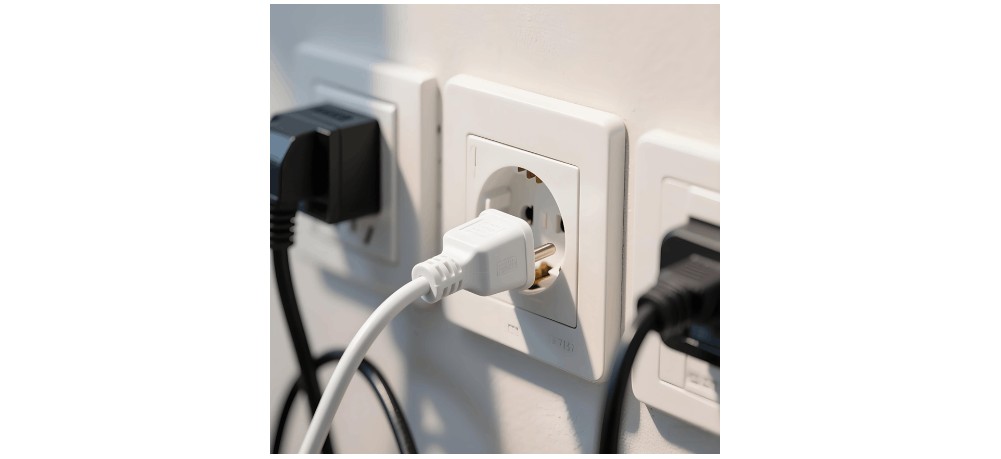
Toughened or pre - stressed glass has become a popular choice for constructing line insulators. The surface layer of toughened glass insulators is under high compression, enabling them to endure significant mechanical and thermal stresses. The toughening process involves heating the glass above its strain temperature and then rapidly cooling its surface with air, which creates a state of internal stress that enhances its strength and durability.
Advantages of Toughened Glass Insulators over Porcelain Insulators
- Greater Puncture Strength: Toughened glass insulators offer superior resistance to electrical puncture, reducing the likelihood of insulation failure under high - voltage conditions.
- Enhanced Mechanical Strength: With higher mechanical strength, these insulators are less prone to breakage during transportation and installation, minimizing maintenance costs and downtime.
- High Thermal Shock Resistance: Their ability to withstand rapid temperature changes reduces damage caused by power flashovers, improving the overall reliability of the electrical system.
- Self - Indicating Failure Mode: In the event of damage due to electrical or mechanical causes, the outer shed of the toughened glass insulator breaks and falls to the ground. However, the cap and pin remain strong enough to support the conductor, providing a clear indication of damage and ensuring the continued safety of the electrical installation.
- Longer Lifespan: Toughened glass insulators have a significantly longer service life compared to porcelain insulators, making them a more cost - effective choice in the long run.
While toughened glass insulators have many advantages, they do have one drawback: moisture tends to condense more readily on their surfaces. However, when tested for puncture strength in air using steep - fronted impulse waves, their performance is comparable to that of porcelain insulators.
Polymer Insulators
Another type of electrical insulating material is the polymer insulator, which is composed of a combination of fibreglass and epoxy polymer, as opposed to porcelain. Polymer insulators offer several distinct advantages:
- Lightweight: They are approximately 70% lighter than their porcelain counterparts, making them easier to handle, transport, and install, especially in large - scale electrical projects.
- Puncture - Proof and High Mechanical Strength: Polymer insulators are highly resistant to electrical puncture and possess excellent mechanical strength, ensuring reliable performance under various operating conditions.
- Thermal Resistance: Their high thermal resistance reduces damage caused by flashovers, enhancing the safety and longevity of the electrical system.
- Superior Radio Interference Voltage Performance: Polymer insulators exhibit excellent performance in minimizing radio interference, which is crucial for maintaining the integrity of communication systems in the vicinity of electrical installations.
Reduced Hardware Corrosion: The material's properties help prevent the corrosion of associated hardware, reducing maintenance requirements and extending the lifespan of the electrical components.
Better Performance in Polluted Atmospheres: Polymer insulators are well - suited for use in polluted environments, as they are less affected by contaminants, ensuring consistent insulation performance even in harsh conditions.

